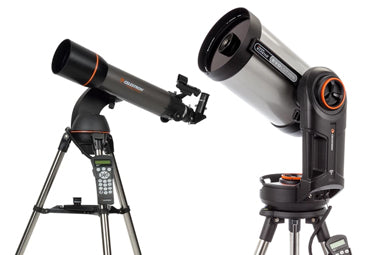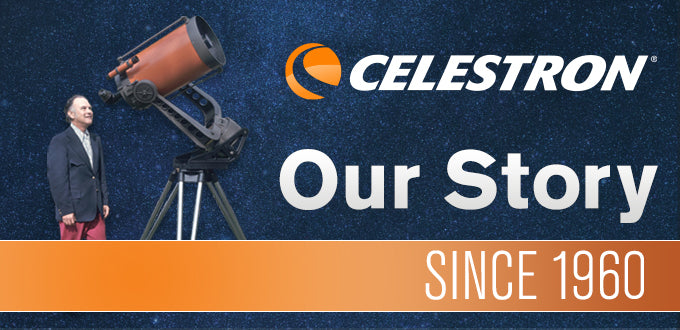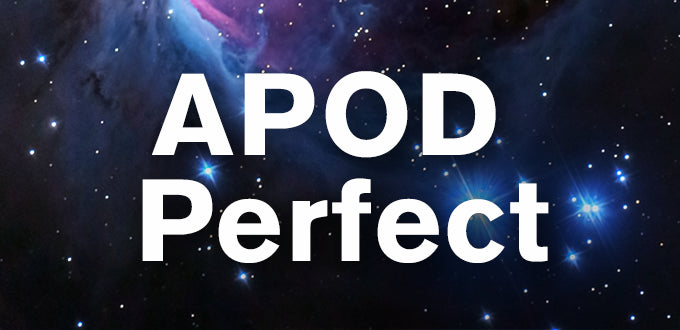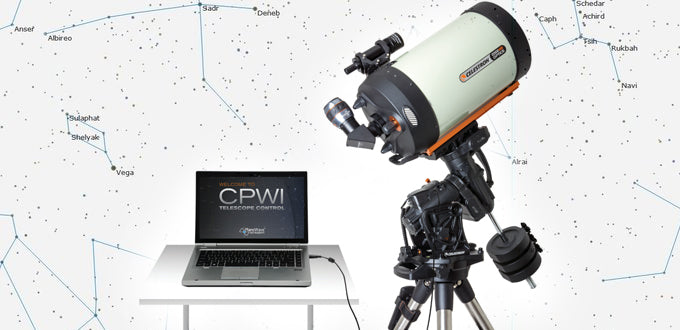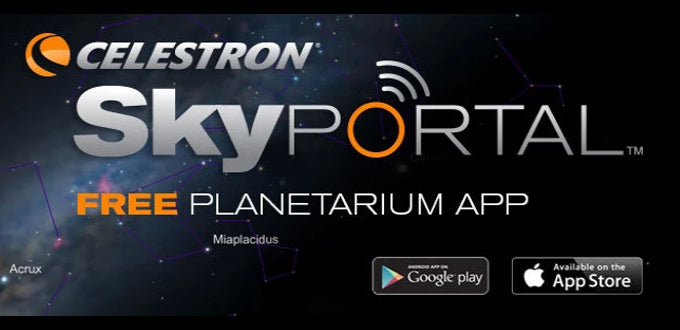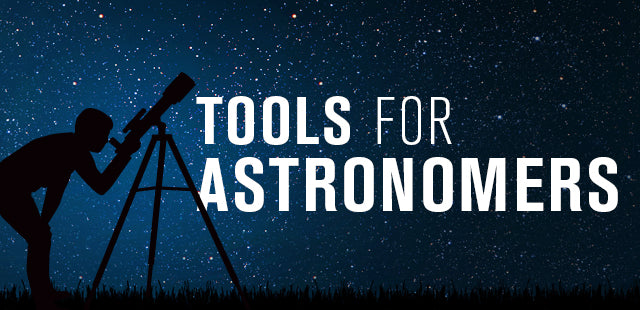10 Reasons Missouri (and Eight Other States) Should Make Eclipse Day a Holiday
August 2, 2017
Two years ago, I had what I thought was a radical, even comical, idea. But as I began to write about it, I realized that it makes perfect sense for a number of reasons — well, at least 10. On August 21, 2017, the United States will experience the biggest astronomical event in its history — a total eclipse of the Sun.
You think I’m kidding about that “biggest” proclamation? Then tell me something that topped it. Halley’s Comet? Not even close. In fact, it was a real disappointment to most people back in 1986 because it wasn’t all that close to Earth. A lunar eclipse? Been there, done that. A major meteor shower? Sorry, the number of people who will go out in the early morning hours pales in comparison to those who will see the upcoming eclipse during the daytime.
OK, well then what about past eclipses? Ha! Does anyone reading this actually remember the last total solar eclipse that covered any of the continental U.S.? It happened February 26, 1979, and it only clipped five states in the northwest — and many locations were cloudy. The previous “48 states” total solar eclipse, on March 7, 1970, again happened in only six states from Florida to Maryland.
In contrast, the 2017 total solar eclipse stretches west to east across the continental U.S. It first touches our border in Oregon and, after a west-to-east cross-country trip, finally leaves via South Carolina. And let’s compare the dates: February 26 and March 7 vs. August 21? Winter vs. summer. Hmm. I think I know which season’s weather will triumph in that tussle.
I also believe the 2017 event will be the most viewed eclipse in history. (In person, not on television — but probably there, too.) I base this on four factors: 1) the attention it will get from the media; 2) the superb coverage of the highway system in our country; 3) the typical weather on that date; and 4) the vast number of people who will have access to it from nearby large cities.
The bottom line is that I think Missouri (and eight other states) should declare August 21, 2017, a state holiday, and I’m willing to back that statement up with 10 reasons. Please note: I chose Missouri as my main example because of the great memories I enjoy when I think of my time there. I spent nine of the best years of my life as planetarium director of the Kansas City Museum. I really think, however, that any state where totality occurs should take this action. Are you listening Oregon, Idaho, Wyoming, Nebraska, Illinois, Kentucky, Tennessee, and South Carolina?
And states can do this. Each can declare holidays if it chooses to do so. That takes care of state employees. Private employers don’t have to follow suit, but I think many of them will. In fact, a “half-day off in the middle of the day” might be a great option for many of them. So, on July 7, 2014, I wrote an explanatory email to the office of Missouri’s Governor Jay Nixon regarding this point. Maybe after reading the rest of this blog, you’ll write your governors or state representatives, too.
OK, then, without further ado, here are the 10 reasons.
#1: Tourism/tax dollars will make up any lost revenue
Please remember that August 21, 2017, is a Monday. That means many people will plan on staying in your state the entire weekend. Two cities in Missouri — Columbia and St. Joseph — will be the center of the universe for three long days.
#2: Most holidays are on a Monday anyway
With the exception of Independence Day, Thanksgiving Day, and Christmas Day, all federal holidays are observed on a Monday in accordance with the Uniform Monday Holiday Act, which took effect January 1, 1971. Eclipse day serendipitously falls on the same weekday.
#3: This event is rare
The next total solar eclipse over the continental U.S. occurs April 8, 2024. After that, it’s a 20-year wait until August 23, 2044 (and, similar to the 1979 event, that one is visible only in Montana and North Dakota). Total solar eclipses follow in 2045 and 2078.
#4: This can be a one-time holiday
No need to make this an annual event. But it does need “holiday” status. Just making it some “special” day would be lame. Beyond lame. Transformers 4 lame.
#5: A government commitment shows that science matters
Employers across this great nation are crying for more students entering scientific, technical, engineering, and mathematical (STEM) fields. Public events hosted by science groups and underwritten by corporations that were mere entertainment in years past now tend to have STEM components. And they’re popular.
#6: Nobody wants to miss this
We all should face the realization that, if totality will be visible anywhere near your location, people will find a way to see it. Vacation days. Sick leave. Insert other reason here.
#7: This will be a terrific educational opportunity
In the weeks and months leading up to this event, amateur astronomers across the states where totality will occur will partner with schools and educators to get the word out about the eclipse. They will conduct numerous public events, daytime “star” parties to show off our Sun, and lots and lots of teacher workshops.
#8: Having schools in session will seriously disrupt classes
Columbia, Missouri, is on the center line of the total solar eclipse of August 21, 2017. In that year, the University of Missouri’s fall semester starts August 21. Seriously. Now, I’m not blaming planners for this coincidence. They didn’t know. But can you imagine how this eclipse will disrupt classes? Students won’t sit inside while such a spectacular event occurs. Heck, professors won’t sit inside either. The great halls of learning at MU will contain only ghosts.
#9: Planning is underway now
Both the American Astronomical Society and the National Science Foundation already are hosting events leading up to August 21, 2017. Groups from outside the country are booking space in American hotels that lie along the eclipse path. It seems that the event is a long way off. But things tend to move slowly — especially in political circles. The time to start working on this is now!
#10: This event will happen
OK, let’s be honest. What’s the biggest thing the media and the general public holds against astronomers? It’s the uncertainty of many of the events we hold most dear. What uncertainty, you ask? Consider: “Comet science is an inexact art, but we think this one may blaze …” (then it fizzles); “Many scientists who study meteor showers think this one may reach storm levels ...” (then it fizzles, or it appears great above Asia); “This event is super-cool, but the object is faint. You will, however, require at least a medium-size telescope to view it and you’ll have to travel to a dark site in the middle of the night.” Forget those. Forget all of them and every event like them. This solar eclipse will occur at the predicted time, in the predicted place, and for the predicted length. And although you don’t need to hear it from me, I absolutely stone-cold guarantee that everyone who sees it will remember it for the rest of their lives as the greatest thing they ever saw.
Now, c’mon Show Me State (and Beaver State, Cowboy State, Cornhusker State, and all the rest). Whaddya say? Make August 21, 2017, a state holiday. Show your workers some love, and we’ll show you a celestial spectacle you will never, ever forget.




